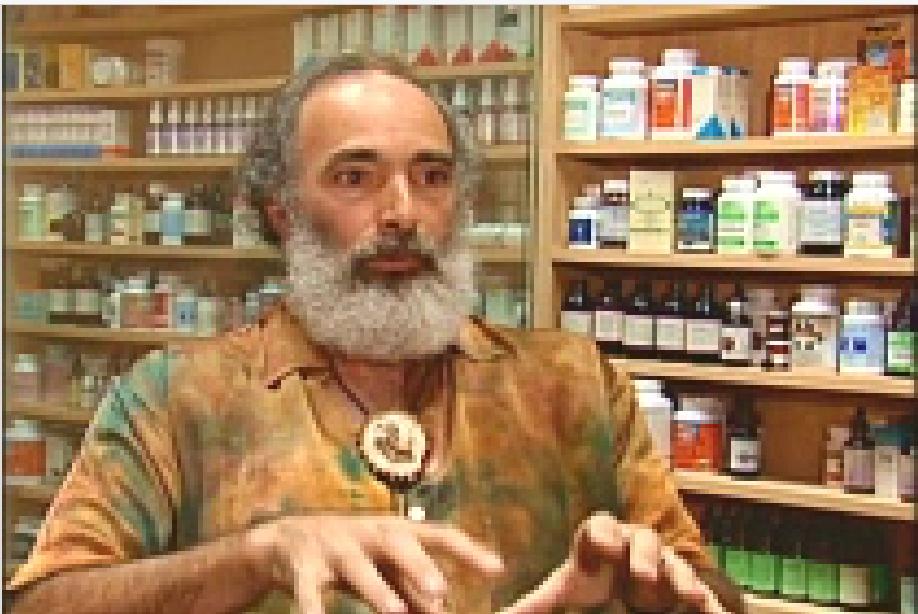Westside PUFAs
Member
- Joined
- Feb 4, 2015
- Messages
- 1,972
If you're interested in health/nutrition but you're too dogmatic to have a discussion with someone who also shares your interest but happens to be vegan then this is not for you, aka in b4 "oh a vegan, screw him." But if you value evidence, then this lad provides many studies with the links in the decryption of the YT video. Don't resort to ad hominem. If you disagree, you must debunk the actual studies he references.
One particular study that stands out for me here is the one about mummies having heart disease. It is my current belief that PUFA cooking oils and their breakdown products are largely responsible for atherosclerotic buildup but this study really throws a monkey wrench in that idea because cooking oils weren't around back then.
If you don't want to watch the video, I provided most of his links below:
https://www.youtube.com/watch?v=6N7Sk1ZRohU
"Where the Myth Started (1970's Study):"
http://ajcn.nutrition.org/content/28/9/958.full.pdf
"Study by team of Canadian and Danish Scientists:"
http://bit.ly/1Xjw3et
"Mummies around the world & atherosclerosis:"
http://bit.ly/1lMYReq
"Lower bone density in Inuit:"
http://ajcn.nutrition.org/content/27/9/916.full.pdf
"High mercury levels in Inuit:"
http://www.ncbi.nlm.nih.gov/pubmed/8871682
"High Cholesterol Despite Eating Traditional Diet Study:"
http://atvb.ahajournals.org/content/12/12/1371.full.pdf
"Canadian Inuit live 10 years less:"
http://www.ncbi.nlm.nih.gov/pubmed/18457208
"Greenland Inuit live 10 years less & fish oil statement:"
http://bit.ly/1IkD0zG
One particular study that stands out for me here is the one about mummies having heart disease. It is my current belief that PUFA cooking oils and their breakdown products are largely responsible for atherosclerotic buildup but this study really throws a monkey wrench in that idea because cooking oils weren't around back then.
If you don't want to watch the video, I provided most of his links below:
https://www.youtube.com/watch?v=6N7Sk1ZRohU
"Where the Myth Started (1970's Study):"
http://ajcn.nutrition.org/content/28/9/958.full.pdf
"Study by team of Canadian and Danish Scientists:"
http://bit.ly/1Xjw3et
"Mummies around the world & atherosclerosis:"
http://bit.ly/1lMYReq
"Lower bone density in Inuit:"
http://ajcn.nutrition.org/content/27/9/916.full.pdf
"High mercury levels in Inuit:"
http://www.ncbi.nlm.nih.gov/pubmed/8871682
"High Cholesterol Despite Eating Traditional Diet Study:"
http://atvb.ahajournals.org/content/12/12/1371.full.pdf
"Canadian Inuit live 10 years less:"
http://www.ncbi.nlm.nih.gov/pubmed/18457208
"Greenland Inuit live 10 years less & fish oil statement:"
http://bit.ly/1IkD0zG


